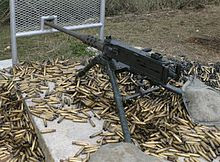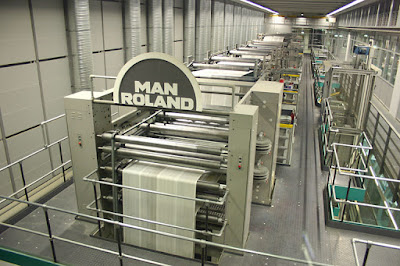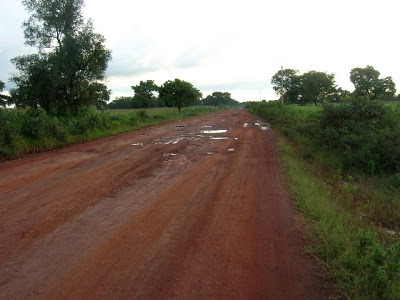Active Shooter
On the day of the latest mass shooting in the United States, I took part in an active shooter exercise at my workplace. We learned how to run — low to the ground in a zigzag pattern. We learned how to hide — turn off the lights, close and lock your door, barricade it if possible. And we learned how to fight — go for the hand that is holding the gun, do whatever you can to slow or disrupt the killer.
I sat politely, even took notes. Colleagues joked and laughed about crawling under their desks, George Costanza-style. “I learned a lot from watching Seinfeld,” said our presenter.
I don’t know if employees at the Inland Regional Center in San Bernardino had taken active shooter training. But could a 30-minute presentation have helped them counter the assault rifles and semiautomatic handguns? And more to the point … is this how we want to live?
(M2 Browning machine gun, courtesy Wikipedia)



